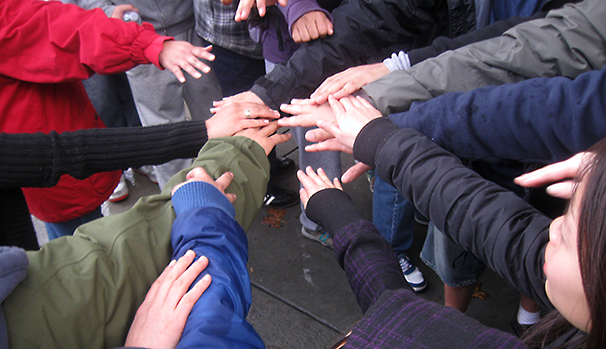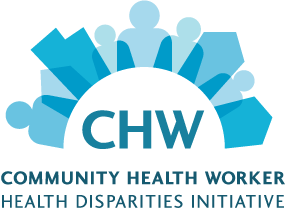3.2 Partner

In this Section
Partnering is important to sustaining a program.
Relationships among and between community members, community health workers (CHWs), funders, program coordinators, and others help keep a program going. You and your organization need others to join you to make your program a success. Partnering can help fill in gaps where you or your organization may need extra help. Building and keeping partners can help you keep a program going over the long term.
Challenge
People may not feel engaged. There may be some people in your organization or among community members and other partners who do not think it important to engage different types and levels of partners, but it is. Without this balance, your program is not as likely to manage some of the other challenges that come up. Involve and develop relationships with community members, CHWs, other staff members who support your program, leadership, partners, funders, and volunteers.
Suggestions
- Call everyone involved in your program a “partner.” This includes community members. This will help people know they are important to the program. It can also help people talk with each other to build relationships and work in a collaborative way.
- Thank and publicly recognize partners whenever you can. Do this as long as the partners are comfortable with it.
- Use a fact sheet like Evaluation Report Executive Summary
 (PDF, 423 KB). Mix in success stories that value and talk about your partners. Examples follow:
(PDF, 423 KB). Mix in success stories that value and talk about your partners. Examples follow:
- Share how important the child care worker was, because without him, people could not have gone to your heart health program;
- Include a story that highlights funders. You could talk about how you used funds to send a CHW to shadow a veteran CHW and be mentored as part of training.








